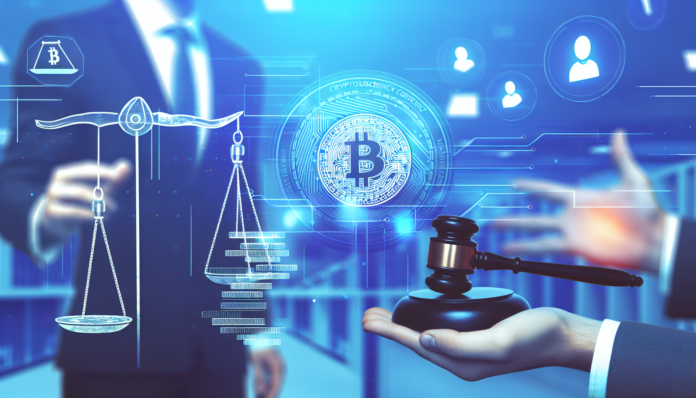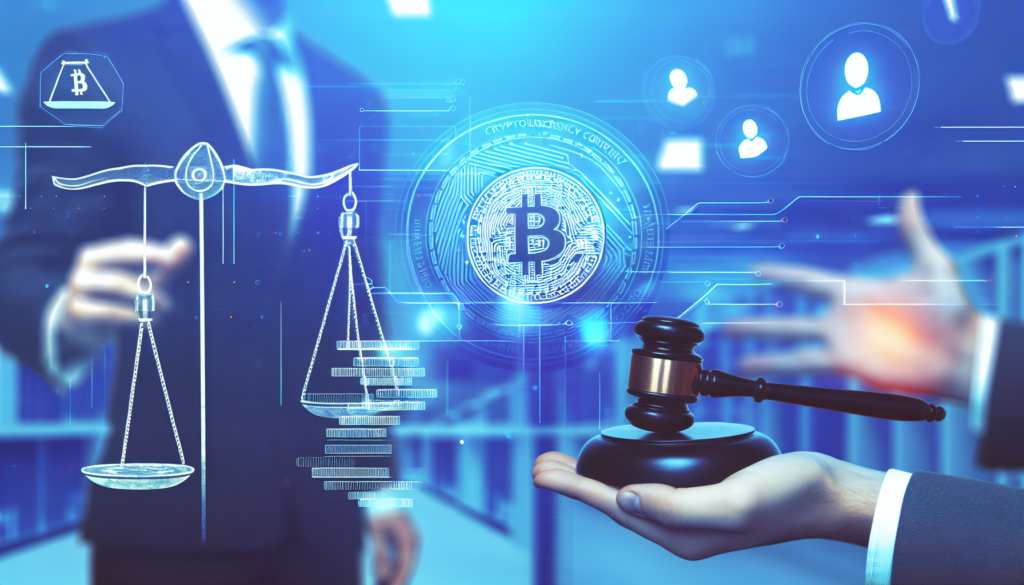
The long-standing legal battle between Ripple Labs and the Securities and Exchange Commission (SEC) of the United States has taken another important turning point. Recently, a federal judge rejected a proposal for a joint settlement submitted by the two parties, which aimed to reduce the civil penalty by $ 125 million in Ripple to $ 50 million and to raise a court against future violations of securities. This decision not only maintains Ripple on the hook for the complete penalty, but also maintains the regulatory pressure on the company and underlines the position of the SEC according to which XRP is security. The implications of this decision are of great scale, potentially affecting Ripple’s ability to raise capital and list his token on more exchanges, as well as to establish a legal precedent for the future regulation of cryptocurrencies.
Context of the case
The case began in 2020 when the SEC continued Ripple, alleging that the company had sold XRP as unregistered security. This trial was essential in the space of cryptocurrencies, because it approaches the classification and the legal status of digital assets. Over the years, the two parties have embarked on large legal battles, Ripple arguing that XRP does not constitute security under American law. Despite these efforts, the case was spoiled by complexities and procedural delays.
Recent developments and rejected regulations
Recently, Ripple and the SEC jointly filed a request requesting an indicative decision to support their proposed settlement. This agreement would have reduced the financial penalty imposed on Ripple and would have raised the injunction preventing future XRP sales. However, the request was rejected by judge Analisa Torres of the American district court for the South New York district. The rejection was based on procedural reasons, because the request did not follow the correct legal process under rule 60, which requires proving exceptional circumstances to modify a final judgment.
Impact on wave and cryptocurrency industry
The decision has important implications for Ripple and the wider market of cryptocurrencies. By confirming the penalty of $ 125 million and maintaining the injunction, the court has strengthened the position of the SEC according to which XRP is subject to the laws on securities. This decision could hinder Ripple’s ability to raise capital, as potential investors can be dissuaded by continuous legal uncertainty and regulatory examination. In addition, the decision could limit the XRP list on more exchanges, as many platforms are cautious about the list of assets which are under regulatory control.
More broadly, this case establishes a critical legal precedent on the way in which cryptocurrencies could be classified and regulated in the future. The continuous position of SEC on XRP as security could influence the way other digital assets are considered by regulatory organizations. This precedent could shape the regulatory landscape of cryptocurrencies, which has an impact on their adoption and use in various financial contexts.
Ripple’s perspective
The legal director of Ripple, Stuart Alderoty, stressed that the court’s decision does not undermine the previous legal victories of Ripple, including the decision that XRP is not a guarantee in certain sales contexts. The Alderoty noted that rejection is purely procedural and does not affect the global legal position of the company. Ripple and the SEC remain determined to resolve the case and will probably revisit the court with a revised request.
Public reaction and market impact
The news of the rejected regulation has led to a significant drop in the XRP price, reflecting the uncertainty of the market on the future of cryptocurrency. Despite this, Ripple’s management has reassured the community that the company remains on solid grounds and focuses on solving legal problems. The market reaction highlights the sensitivity of cryptocurrency prices to regulatory developments and legal results.
Future steps and potential results
Given the rejection of the proposal to settle, Ripple and the SEC will have to review their strategy to resolve the case. They can file a revised request which addresses the procedural issues raised by Judge Torres. In addition, the parties must demonstrate why the lifting of the injunction would serve the public interest, in particular given the initial decision according to which the institutional sales of Ripple have violated the laws on securities. As the case progresses, the two parties are likely to engage in new legal maneuvers to achieve their objectives.
Conclusion
The rejection of the SEC and Ripple settlement proposal marks an important moment in the current legal saga surrounding XRP. Although he maintains the regulatory pressure on Ripple, he also underlines the complex legal landscape surrounding cryptocurrencies. The result of this case could have large-scale implications on how cryptocurrencies are regulated and classified in the future, potentially influencing the growth and adoption of digital assets worldwide. While the legal battle continues, it remains crucial for both parties to navigate effectively in procedural complexities and regulatory challenges.




